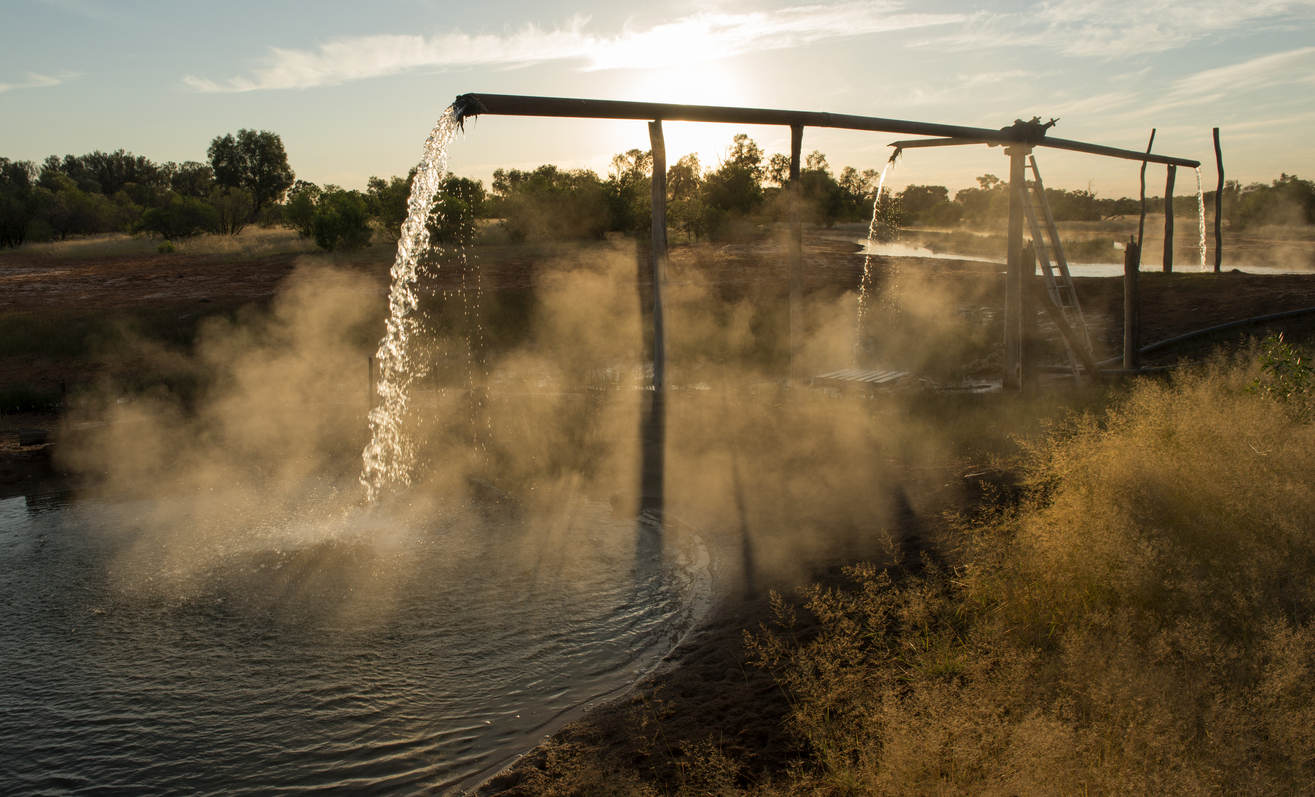Webinar: Seeing the Future of Groundwater
A panel discussion exploring some of the biggest issues affecting groundwater and our research to measure, monitor and manage this precious resource.
Speakers
Cost
Cost per person: 0.00
Content navigation
RegisterDescription

Groundwater, the hidden treasure beneath our feet, is vital to preserving ecosystems, tackling hunger, improving health and adapting to climate change. As the world’s most abundant freshwater source, nearly half of the world’s population relies on groundwater for drinking water and food production. Not only is it essential to global health, groundwater also plays a key role in climate adaptability. It helps to absorb surplus water during floods and in times of drought, it can sustain wetlands, rivers and lakes.
Research shows that some of the world’s biggest aquifers are being depleted faster than they can be replenished and others, the only source of drinking water for some communities, are critically threatened by pollution. With many countries failing to monitor their groundwater, the full scale of the problem is unknown.
To mark World Water Day 2022 on the theme of groundwater, the Institute for Water Futures (IWF) is hosting a webinar to discuss this vital resource. Join us for a panel discussion that will explore some of the most pressing policy and economic issues around groundwater in Australia and touch on our latest research and tools to measure, monitor and manage this resource today and into the future.
Our groundwater experts will discuss topics including:
-
Active management of groundwater and what this may look like over the next decade
-
Holistic approaches to assessing the feasibility of Managed Aquifer Recharge (MAR) and its potential to support agricultural industries
-
Latest tools for measuring groundwater - how we can measure groundwater evolution by combining geodetic satellite data set and in-situ observation
-
The role of groundwater in achieving Sustainable Development Goal 6 in Australia
Don’t miss this opportunity to better see and understand this hidden but vitally important resource.
Panelists
Dr Joseph Guillaume is a research fellow at the ANU Institute for Water Futures and the Fenner School of Environment & Society and is an associate of the National Centre for Groundwater Research and Training (NCGRT). Dr Guillaume specialises in uncertainty management in decision support, with a particular focus on collaborating to construct the future of knowledge management and governance of water resources in Australia.
Dr Wendy Merritt is a research fellow at the ANU Institute for Water Futures and Fenner School of Environment & Society. Her work focuses on the design and use of integrative methodologies and tools to understand complex socio-environmental challenges. Her recent work has contributed to research for development projects looking at natural resource management and agricultural livelihoods in rural communities in South Asia and water management in agricultural regions of Australia.
Dr. Mahdiyeh Razeghi is a research fellow at the ANU Institute for Water Futures and the ANU Research School of Earth Science. Her work focuses on using geodetic satellite observation to monitor changes in water resources. By combining different types of satellite Earth observation such as global positioning system, gravity recovery and climate experiment, satellite altimetry, and soil moisture, Dr Razeghi studies total water storage changes and groundwater variation.
Dr Paul Wyrwoll is a research fellow at the ANU Institute for Water Futures and the Crawford School of Public Policy. He works on water economics and policy in Australia and the Asia-Pacific. His current research focuses on risk-cost-benefit analysis of water infrastructure projects and the economics of drinking water provision in regional and remote Australia.
Moderator
Prof Tony Jakeman is an environmental scientist and modeler with over four decades of experience and over 450 publications in open literature. Dr Jakeman was instrumental in the establishment of the ANU Institute for Water Futures, leads the Integration and Decision Support Program of the National Centre for Groundwater Research and Training and directs the iCAM Centre. His work has pioneered the development of integrated assessment methods and decision support systems for water and associated resource problems.
Location
Online
